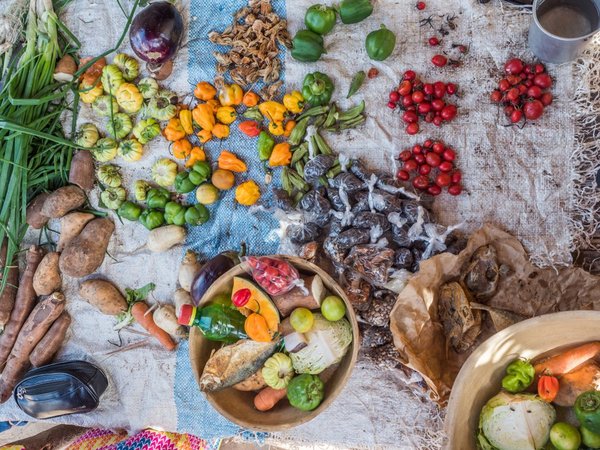 Read this article in French
Read this article in French- Share this article
- Subscribe to our newsletter
ECOWAS Mapping - Trade Beyond Boundaries in Western Africa
The Economic Community of West African States (ECOWAS) consists of 15 Member States forming a customs union. Free flow of labor, capital, goods and services among member states is facilitated by the ECOWAS Trade Liberalization Scheme (ETLS) that is supplemented by a Common External Tariff (CET) vis-à-vis the rest of the world. Currently, agricultural and food trade dominates intraregional trade, though 75 per cent of it takes place informally.
However, intraregional trade is constrained by the heterogeneous trade policy measures implemented by the Member states leading to high transaction costs, administrative barriers and low predictability. Additionally, low production capacities and value addition, lack of diversification, poor quality infrastructure and inadequate finance hampers intra-regional trade.
Through a collaboration between the University of Hohenheim in Germany and Deutsche Gesellschaft für Internationale Zusammenarbeit (GIZ) under the global project Fund for Agricultural Policy Advice and Innovation, a study was conducted to take stock of the structure and flow of agricultural and food commodities within the region, identify the main barriers to trade and suggest strategic policy options to promote agri-food trade in the region. Five main strategic options have been identified to upscale agri-food trade in ECOWAS:
- Enhancing ECOWAS and Member States trade facilitation capacity through strengthening the advocacy, implementation, and enforcement quality
- Investment in hard and soft quality infrastructure
- Implementation of the ECOWAS informal trade regulatory support program
- Support gender sensitive trade facilitation and policies
- Improve access to finance
As a next step, the identified strategic options will be taken up by the upcoming SEWOH Regional Project “ECOWAS Agricultural Trade (EAT) Project” aiming to promote intra-ECOWAS Agri-Food Trade. The project is geared towards improving framework conditions, coordination between the ECOWAS Commission and the member states as well as implementing selected trade facilitation measures with special attention to gender issues. The project will start its activities in 2022 and will be based in Abuja, Nigeria.
Contact: Nico Wilms-Posen and Waqas Malik
Published by: Chair for Agricultural and Food Policy of the University of Hohenheim
Authors: Olayinka Idowu Kareem and Christine Wieck





Add a comment
Be the First to Comment